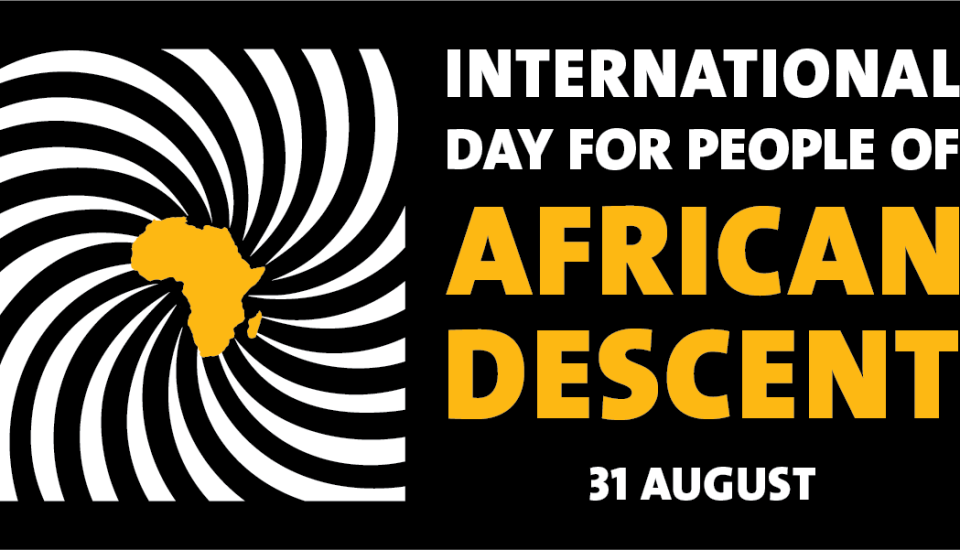
The difficulties young people may encounter in their school-to-work transition and interview tips
By Boqian Wang
Young people often face difficulties and resistance in the transition from school to work. They are often relatively vulnerable and are directly affected by socio-economic instability. Since 2009, the sharp rise in unemployment among the young population in Europe has become a major social problem (Bojadjieva et al. 2022: 30S). The employability of young people is not only linked to the economic stability of society, but also to their mental health. Unemployment obviously leaves young people in a state of anxiety, as job and income are closely linked to their quality of life. So why is it relatively difficult for young people to make the transition from school to work?
To begin with, education plays a vital role in the transition for young people from school to work, however, the majority of young people do not leave the education system with sufficient competencies for work (COMMISSION OF THE EUROPEAN COMMUNITIES, 2007: 3). At a time when the structure of the global economy and the level of technology are changing rapidly, the skills acquired by young people in the educational system are often insufficient to cope with these changes. This lack of competence makes the young population highly substitutable in the labour market. As a result, they may be at a relative disadvantage in the competition. This reveals the serious problem of inequality. Those young people with a relative lack of financial and material support seem to face fewer options,
In addition, A lack of social connections also limits young people’s employability. Social relations can be interpreted as the access to the communication or relation building with institutions or individuals, such as communication with prospective employers as well as social support sources. Just as what Dejaeghere et al. (2016: 475) suggest, social relations are able to support young people through the transition from school to work, especially for those in a relatively disadvantaged economic position. There is no denying that educational systems in Europe and around the world are strengthening this link between students and society, for example by means of open days or careers advice. However, this building of social relations is still lacking for young people who have just left the educational system.
Furthermore, the lack of information remains a significant concern. As seeking a job is not only about one’s ability of demonstrating and advertising oneself, but also about the ability of choosing. A major for young people seeking employment may not be the lack of available jobs, but rather being unsure about how to make choices between different job opportunities. Lack of experience and knowledge may lead young people to make choices that are less satisfactory to them. Young people need more contact with society, thus they should be provided with such opportunities.
In general, finding a job can be challenging for the young population and therefore more social awareness is required to enhance the situation. As an organisation committed to helping and protecting young people, FYA is aware of these difficulties and is keen to help young people.
Although the young population has different job orientations as well as skills, in the process of finding a job, interviews are considered as an essential opportunity for young people to present themselves to employers. Below are some tips for interviews:
- 1. Before the interview, learn about the company/ organisation/ institution you will be interviewing with. You can visit their official website for some background information, for instance their specific working process as well as their major events and achievements.
- 2. Prepare a clear self introduction, stating your educational background, working or social experiences as well as personal features, for instance, if you are applying for a sales-related position, you can emphasise the good communication skills you possess. Correspondingly, you can highlight your patience and meticulousness when interviewing for technical positions. You can also talk about the skills you want to develop through the job, be frank with the employer about any shortcomings you may currently have, for example, as a young person, you may largely lack relevant experience. You can also talk about your previous achievements at school or in your last job to prove your capabilities.
- 3. Prepare your own career plan, both short and long term. Describe the compatibility between the company, institution, organisation you are interviewing with and your plans.
- 4. Observe basic social etiquette, such as arriving at the interview on time. You can arrive at the interview place in advance to give yourself some time to adapt to the environment, so that your mood is relatively relaxed. In addition, pay attention to the dress code if there is any.
- 5. During the interview, try to listen carefully to the interviewer’s questions and ensure that your answers correspond to the questions.
- 6. When answering questions, you may wish to attempt to be as clear in your presentation as possible, expressing your central point clearly before giving a narrative and argument.
- 7. It is great to show some creativity and demonstrate some unique insights, and may impress the interviewer. You may define or critically interpret the questions.
- 8. Using body language is also a good choice during communicating.
- 9. Overall, an interview is not only a test and verification of one’s abilities, but also a form of communication in essence. Therefore, there is no need to be overly anxious during the interview. Trying to adopt a relatively calm attitude towards it may be beneficial for you!
Facing the crossroads of life, it is OK to feel a sense of uncertainty. At this stage, just plan your direction, choose your goals and understand what you really desire your future to look like.
References
Bojadjieva, Daniela Mamucevska ; Cvetanoska, Marijana ; Kozheski, Kristijan ; Mujčinović, Alen ; Gašparović, Slaven (2022) ‘The Impact of Education on Youth Employability: The Case of Selected Southeastern European Countries’, Youth & society, 54/2_suppl: 29S–51S.
COMMISSION OF THE EUROPEAN COMMUNITIES (2007) Promoting young people’s full participation in education, employment and society [online] Available at: https://eur-lex.europa.eu/legal-content/EN/TXT/PDF/?uri=CELEX:52007DC0498&qid=1552994334944&from=EN (Accessed 1 Feb 2023).
Dejaeghere, Joan ; Wiger, Nancy Pellowski ; Willemsen, Laura Wangsness (2016) ‘Broadening Educational Outcomes’, Comparative education review, 60/3: 457–479.




